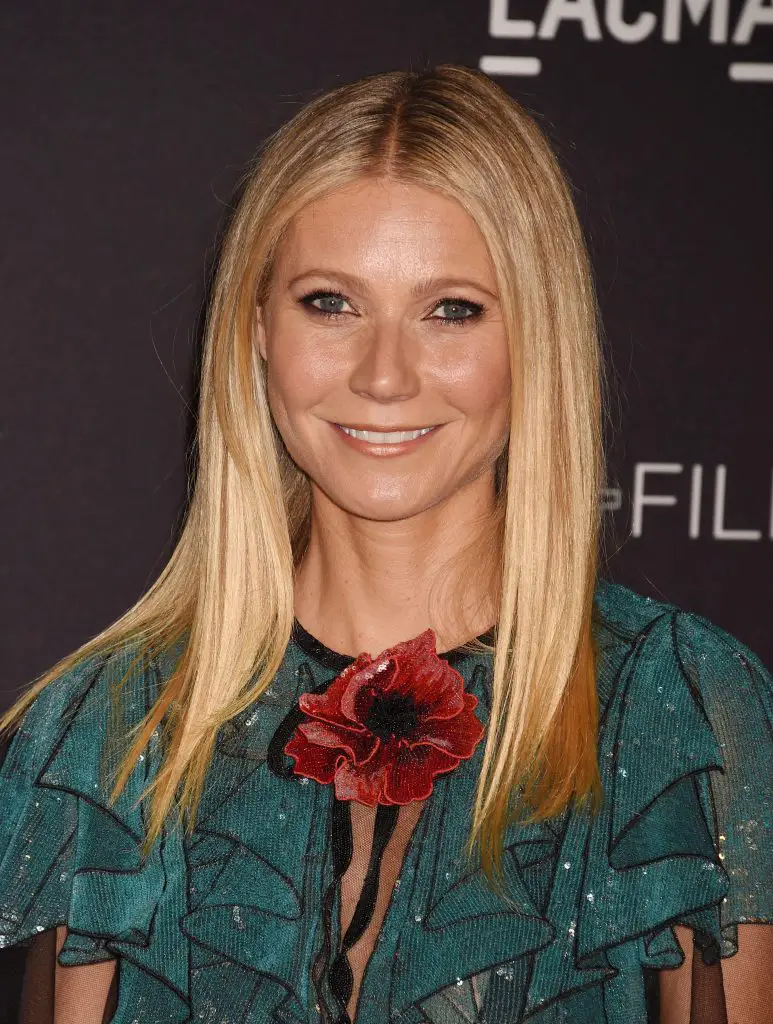
Credit: Alamy
Emma Watson Announces She’s ‘Self-Partnered’ And Clarifies What It Means
Emma Watson has announced that she considers herself ‘self-partnered’ and clarified what it means.
The English actress, best known for her role as Hermione Granger in the Harry Potter movies, has sparked speculation after opening up about her relationship status.
Like many high-profile figures, she’s reshaping labels and has cleared up exactly what she means by the ‘self-partnered’ term for those who are curious.

The Little Women star famously described herself as ‘self-partnered’ in a 2019 interview with British Vogue.
Watson told the publication: “I never believed the whole ‘I’m happy single’ spiel. I was like, ‘This is totally spiel.’ It took me a long time, but I’m very happy [being single]. I call it being self-partnered.”
However, the actress added that she is dating but just ‘not one specific person.’
Watson continued: “Dating apps are not on the cards for me.
“I’m very lucky in the sense that because I went to university and because I’ve done these other things outside of film, my friends are really good at setting me up. Really good.
“And what’s really nice is some of my best friends are people I got set up on a date with and it didn’t work out.”

Watson isn’t the only person using the term ‘self-partnered,’ as California-based clinical psychologist Carla Marie Manly has praised the concept.
In an interview with NBC, Manly said: “A self-partnered person would feel whole and fulfilled within the self and does not feel compelled to seek fulfillment through having another person as a partner.
“To be truly self-partnered, one must often invest a great deal of time and energy on personal development.”
This doesn’t mean self-partnered individuals never date or don’t consider marriage; instead, it simply reflects a commitment to knowing oneself first.

Like Watson, Gwyneth Paltrow is reshaping relationship labels. In 2014, the actress introduced the term ‘conscious uncoupling’ to describe her separation from musician Chris Martin.
So, what’s driving this trend of redefining relationship terms?
Florida therapist Travis McNulty explained to NBC that ‘there’s a big shift in renaming the terms of relationships’ due to younger generations increasingly prioritizing individuality over traditional relationship expectations.
These shifts challenge the conventional labels associated with being single or divorced, reframing them as empowering states.
McNulty observed: “People form opinions based on labels traditionally used to define a person’s relationship status, but when Emma Watson and Gwyneth Paltrow come out and use phrases like ‘self-partnered’ and ‘conscious uncoupling,’ it challenges the psychological implications and narratives behind the phrases being ‘single’ and ‘getting a divorce.'”

Manly also offers several suggestions for those seeking to embrace self-partnering, whether single or in a relationship.
The psychologist advises: “It’s important to also nurture feeling at ease without others, and loving your time alone.
“Whether it’s eating out solo, going to a movie alone, reading books, or volunteering on your own, your self-esteem grows when you consciously learn to love your own company.”
Related Article: Emma Watson Says Everyone Wanted To Be On-Set For Her ‘Incest’ Harry Potter Moment
Related Article: J.K. Rowling Says She’ll Never Forgive Emma Watson And Daniel Radcliffe
Want more stuff like this?
Get the best viral stories straight into your inbox!